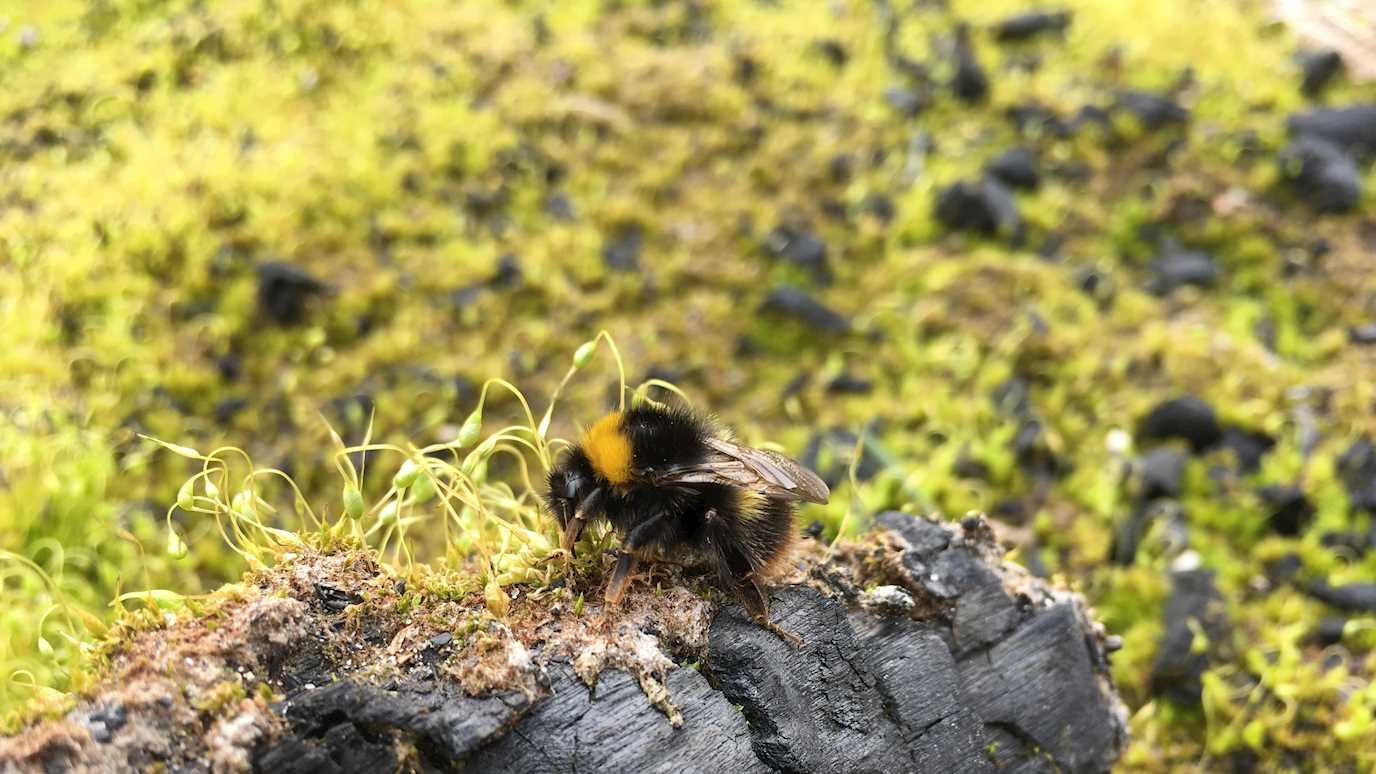Researchers from Royal Holloway and University College Dublin, are calling for urgent research into the effects of ‘inert’ ingredients in pesticides and their impact on bee health.

The team of scientists have conducted the first systematic review of every piece of scientific evidence currently available on the effects of ‘inert’ pesticide ingredients on bee health. ‘Inert’ ingredients are ingredients in pesticide formulations that make the main ingredient more effective. They were not previously thought to be harmful to bees. This review highlights that some of the substances in pesticides are indeed detrimental to bee health and reveals large knowledge gaps surrounding the impact of these ingredients.
The team discovered just 19 studies that tested the effects of ‘inert’ ingredients on bee health. With only three studies testing ‘inert’ ingredients on bee species other than honey bees. In the article, it is argued that bees are exposed to ‘inert’ ingredients frequently, making their toxicity very important.
Dr Ed Straw, formerly of the Department of Biological Sciences at Royal Holloway and lead author of the review, said: “Most of the existing research on the effects of pesticides on bees only studies the impacts of active pesticide ingredients (the main ingredients in pesticide products). There are thousands of species of bee for which we have no idea if ‘inert’ ingredients are harmful or not. In the studies we looked at, ‘inert’ ingredients were found to cause death and damage to bees through multiple exposure routes, to interact with other stressors like viruses and cause bees to drown.”
The researchers found ‘inert’ ingredients are not properly tested by governments to make sure they’re safe for bees. One group of ‘inert’ ingredients – adjuvants – are not tested on bees by governments at all, despite research showing they can be harmful. The other group – co-formulants – only undergo superficial testing.
Professor Elli Leadbeater, from the Centre for Ecology, Evolution and Behaviour in the Department of Biological Sciences at Royal Holloway, said: “Our review highlights the lack of mitigation in place to protect bees from these co-formulants and adjuvants and we want to push for research efforts to address the knowledge gap we’ve identified here.
“If so-called ‘inert’ ingredients are, in fact, detrimental to bee health, their potential role in widespread bee declines needs urgent assessment.”
To read the full review, click here.
























